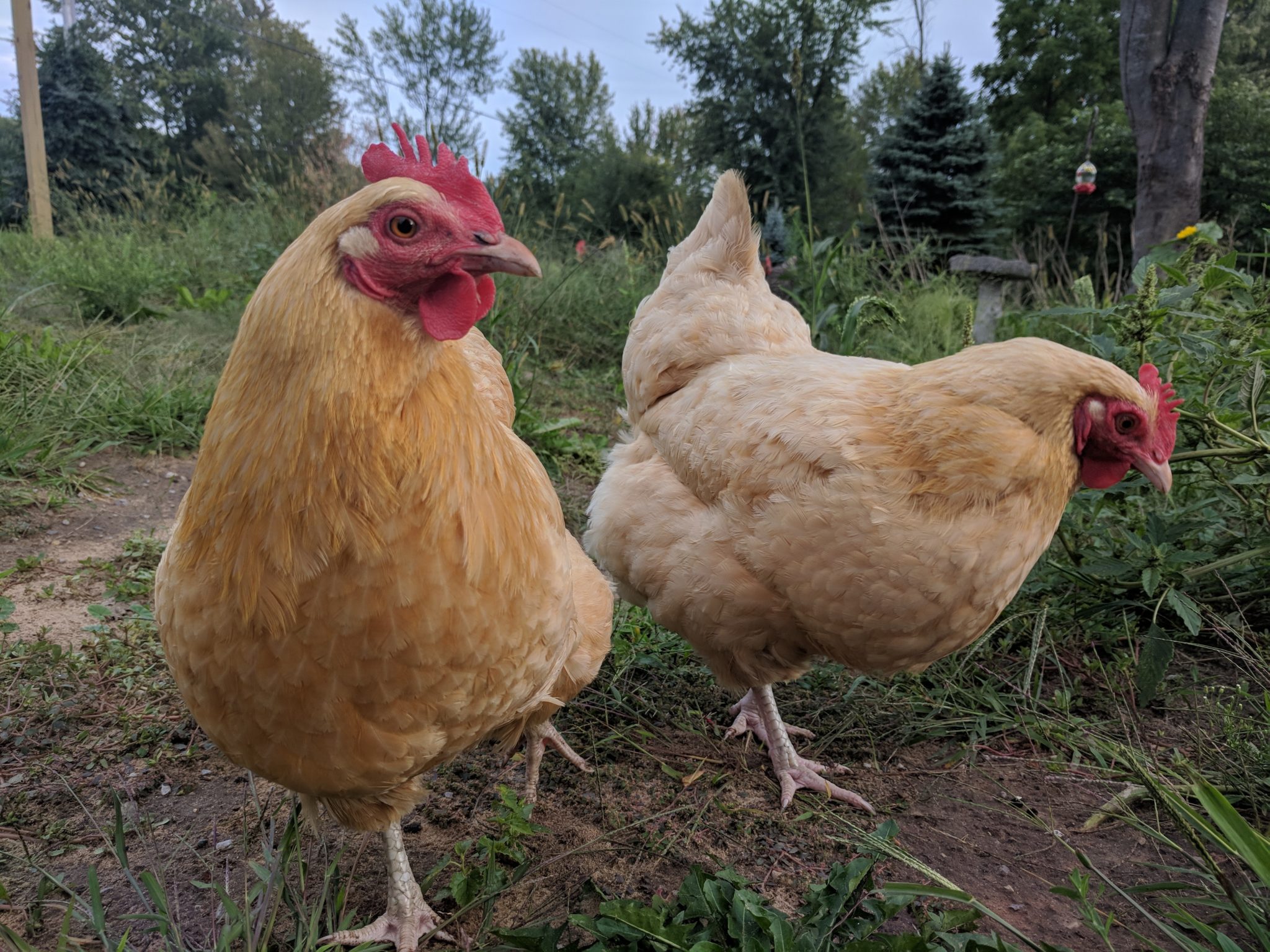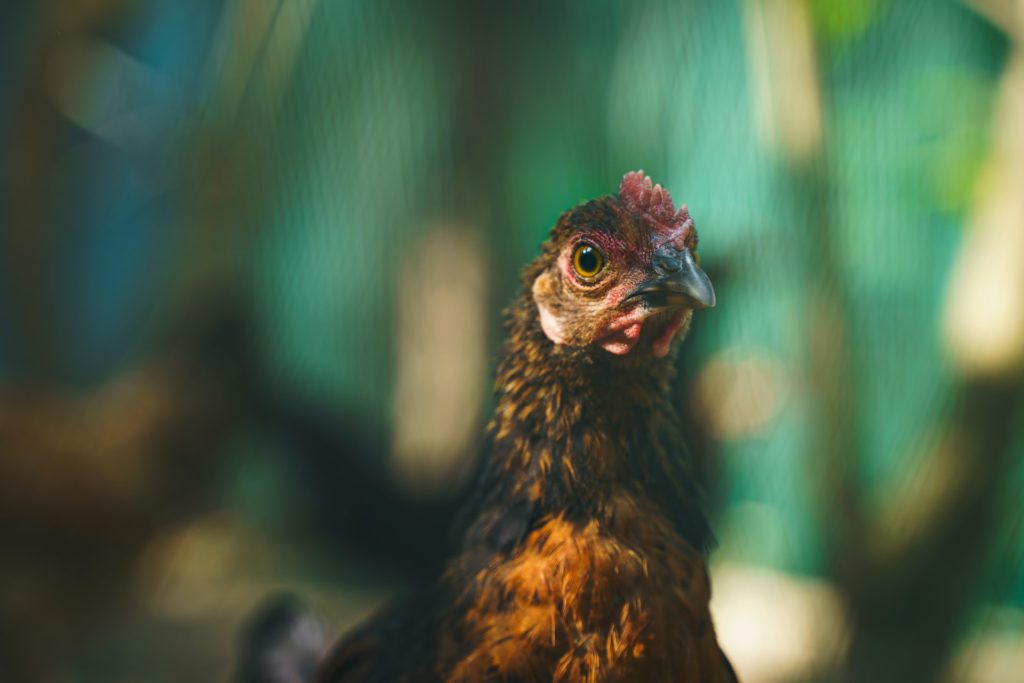If adhering to the strict European standards for PFAS contamination, anyone with backyard hens in the whole of Flanders should not be eating their eggs, according to a new Flemish report by Professor Karl Vrancken, the PFAS commissioner of the Flemish government.
Due to pollution from a 3M factory in the neighbourhood of Zwijndrecht in Antwerp, the government advised people living within a certain radius of the plant to stop eating eggs and vegetables from their hens and gardens, but this newest report expands that radius to the entirety of the Flemish Region.
“In the whole of Flanders – also in non-suspected PFAS risk locations – there is a problem for PFOS in the consumption of eggs from privately-owned laying hens,” the report found, adding that the share of PFAS in eggs is much higher than in home-grown vegetables.
Eggs make up the vast majority of exposure
Eggs account for 98.7% of local PFAS exposure in people with their own gardens and chicken runs.
“Even consumption of less than one egg per week from home-grown chickens results in the risk index being exceeded,” the report said.
Belgium doesn’t currently have any standards for PFAS, so the Federal Agency for the Safety of the Food Chain (FASFC) applies “action limits” for now, which has led to some conflicting advice in the past. For example, the Flemish government said people living in the Zwijndrecht area should not consume eggs from their own hens, but that eggs produced by professional farmers in the same area could still be sold.

Many people in Flanders keep chickens in their gardens in order to eat fresh eggs, but the government is now advising they don't, due to pollution from a local 3M factory. Credit: Pexels
“With this report I want to indicate what the consequences would be if we would follow the new European standards,” explained professor Karl Vrancken in a hearing in the Flemish Parliament, referring to the standards of the European Food Safety Authority (EFSA).
Some say European standards are too strict
The European standards have been the subject of debate for some time now, with some Member States calling them too strict and others saying they’re realistic and protect the health of consumers.
Flanders is expected to make a decision later this year on whether the strict EFSA standards will be applied in the Region.
“Those standards are so strict that they could lead to measures that are not very realistic yet,” Vrancken said, adding that he isn’t taking a stance on the issue of PFAS in eggs but rather hoping to open the debate.
Vrancken said that PFAS is found in the rest of Europe, as well: “This is really not a Flemish or Belgian phenomenon.”
Related News
- 'Tough environmental reform needed' to avoid PFOS pollution scandals
- Flanders to launch large-scale investigation into PFAS in groundwater
- Pollution scandal: 3M ordered to stop production after failing to prove no harm to environment
Farmers in particular could expect to be hurt badly by EFSA standards, and the ones in the Zwijndrecht area have already suffered a loss of business following the government’s announcement to avoid eggs and produce from the area.
A compensation fund has been set up, but many have been hesitant to apply for funds due to concerns that their data would be shared with 3M, which the Flemish government is now assuring will not be the case.

